Top trade officials from the United States and China convened in Stockholm for a fresh round of negotiations aimed at easing longstanding trade tensions between the two economic giants.
U.S. Treasury Secretary Scott Bessent and Chinese Vice Premier He Lifeng met at the Swedish Prime Minister’s office, continuing efforts to stabilize trade relations that have been strained since the Trump administration’s aggressive tariff policies began reshaping global trade dynamics.
Tariff Pause Likely Extended as U.S.-China Talks Hint at Leaders’ Summit
Secretary Bessent indicated that the talks would likely result in an extension of the current tariff levels rather than a complete rollback. These discussions are especially significant as they come after a major escalation earlier in the year when U.S. tariffs on Chinese goods were hiked to 145%, triggering swift retaliation from China.
Since then, a temporary 90-day tariff pause has brought U.S. tariffs down to 30% and China’s to 10%, a truce both sides seem interested in extending.
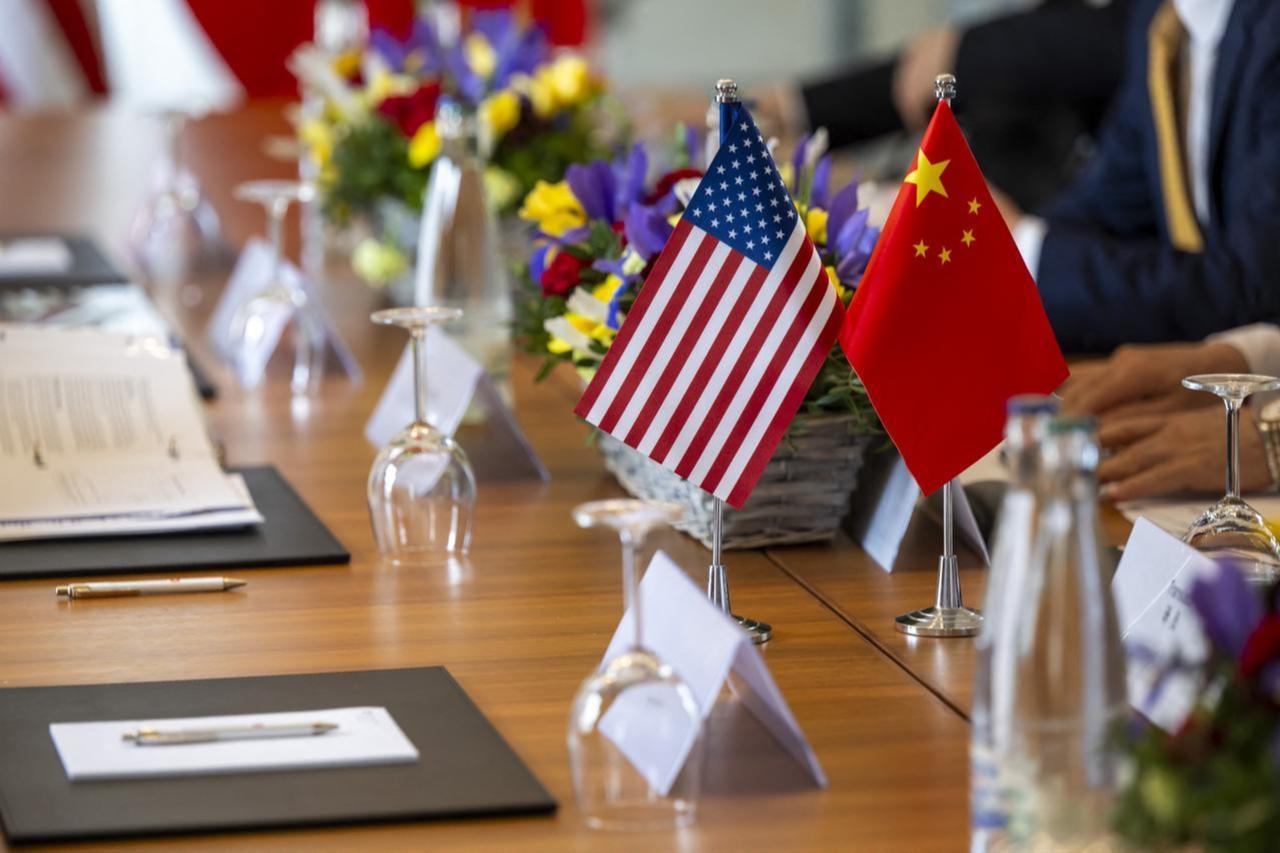
This marks the third meeting between Bessent and He this year, following earlier sessions in Geneva and London. Analysts believe these ongoing talks are likely paving the way for a potential summit between U.S. President Donald Trump and Chinese President Xi Jinping later this year. Such a meeting could signal a formal breakthrough in trade relations and bring more clarity to global markets.
U.S. Pressures China Amid Deficit, While Beijing Seeks Consensus and Cooperation
One of the key drivers for the Trump administration’s aggressive trade stance is the large U.S. trade deficit, which reached $904 billion last year, with China accounting for nearly $300 billion of that figure. The administration recently secured a deal with the European Union and is now hoping to pressure China into more concessions that would balance trade flows and bolster U.S. exports.
In contrast to Washington’s tough rhetoric, Beijing has emphasized cooperation and mutual understanding. China’s Commerce Ministry expressed hope that the Stockholm talks would result in “more consensus and cooperation and less misperception.” This signals a desire on China’s part to maintain the current diplomatic momentum and avoid further economic conflict.

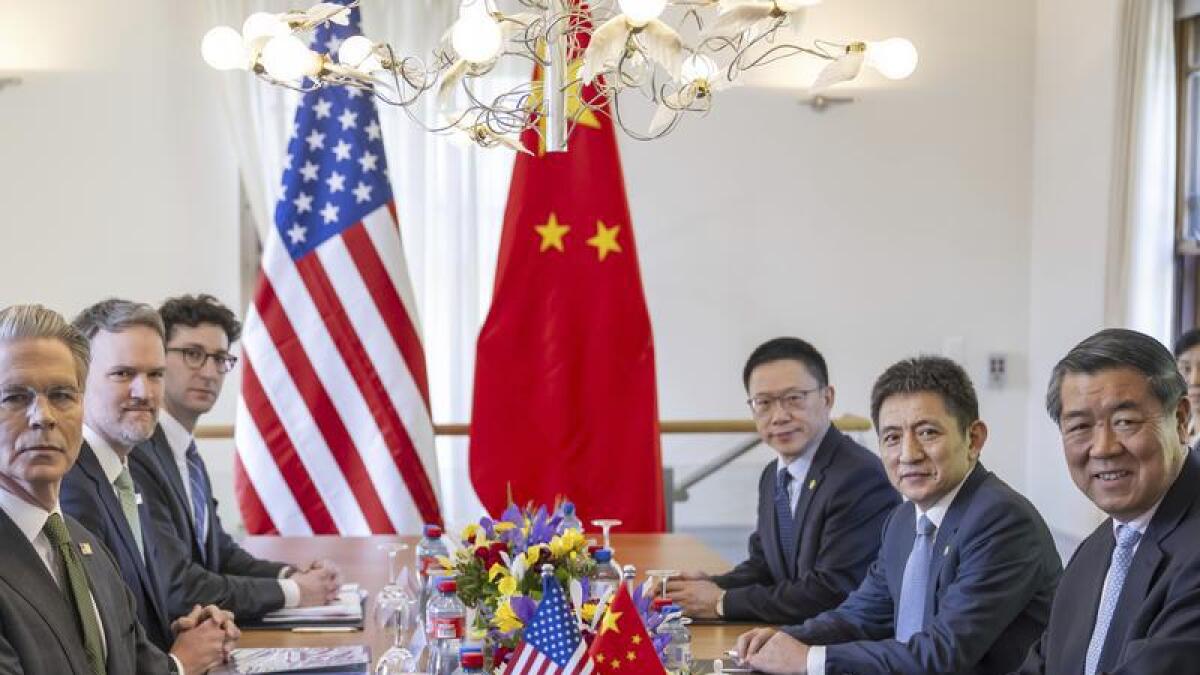







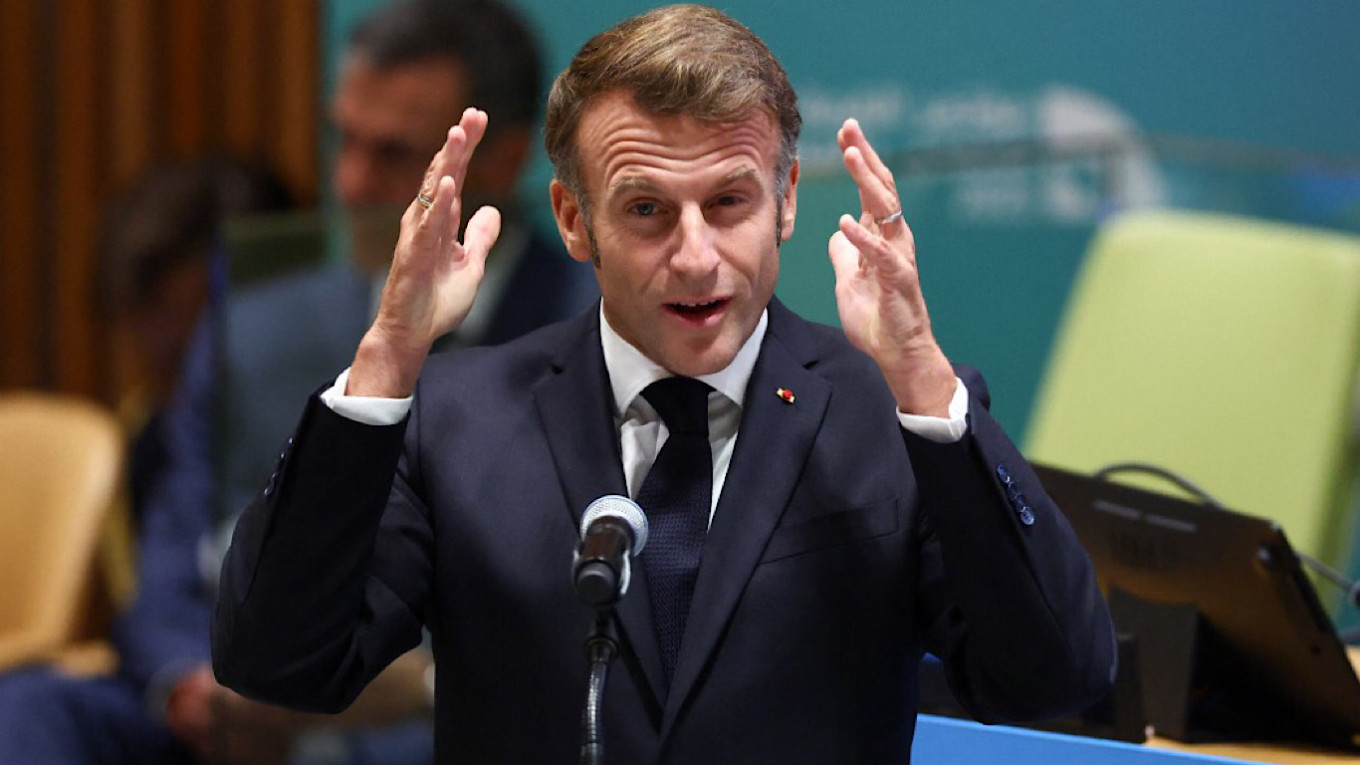
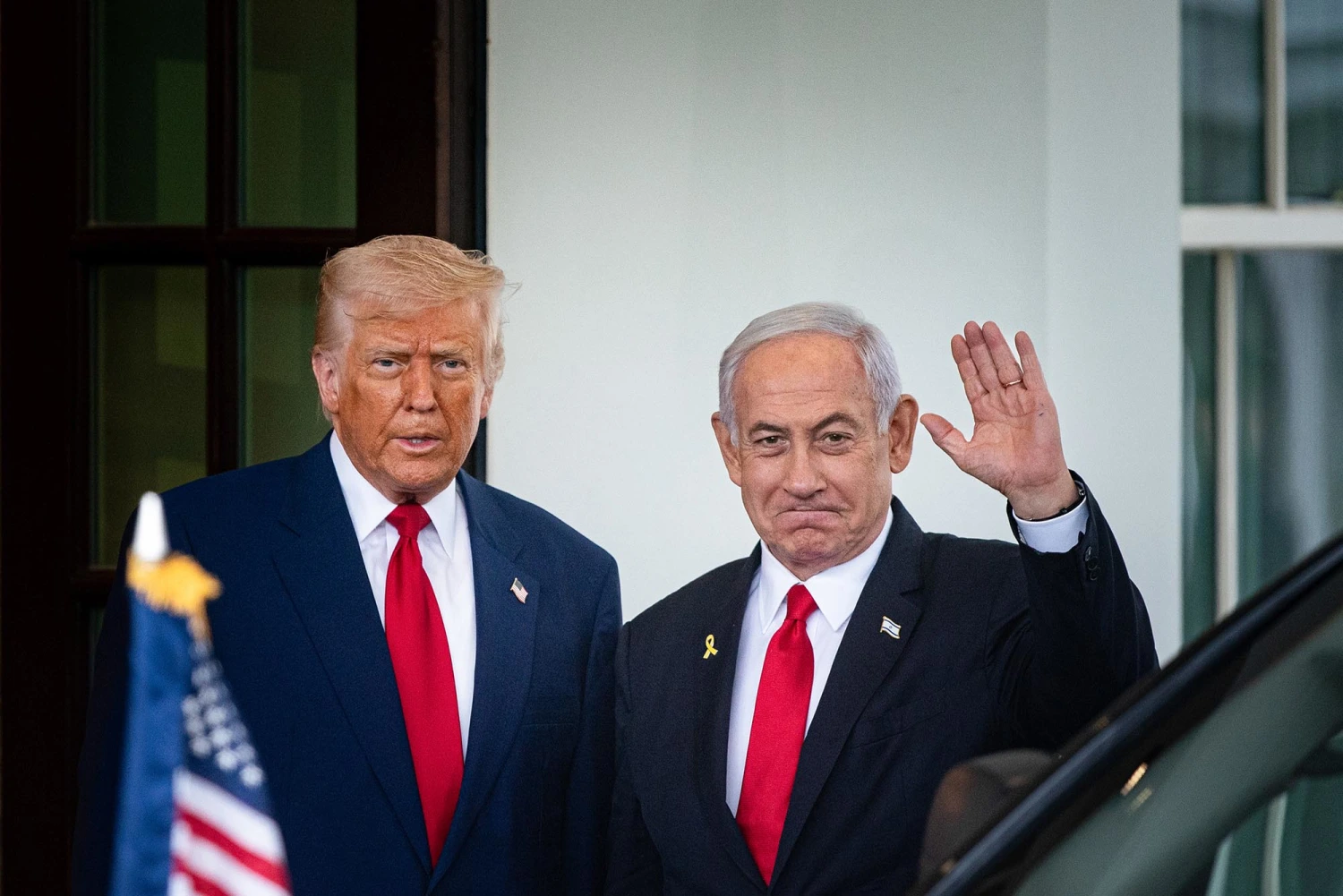
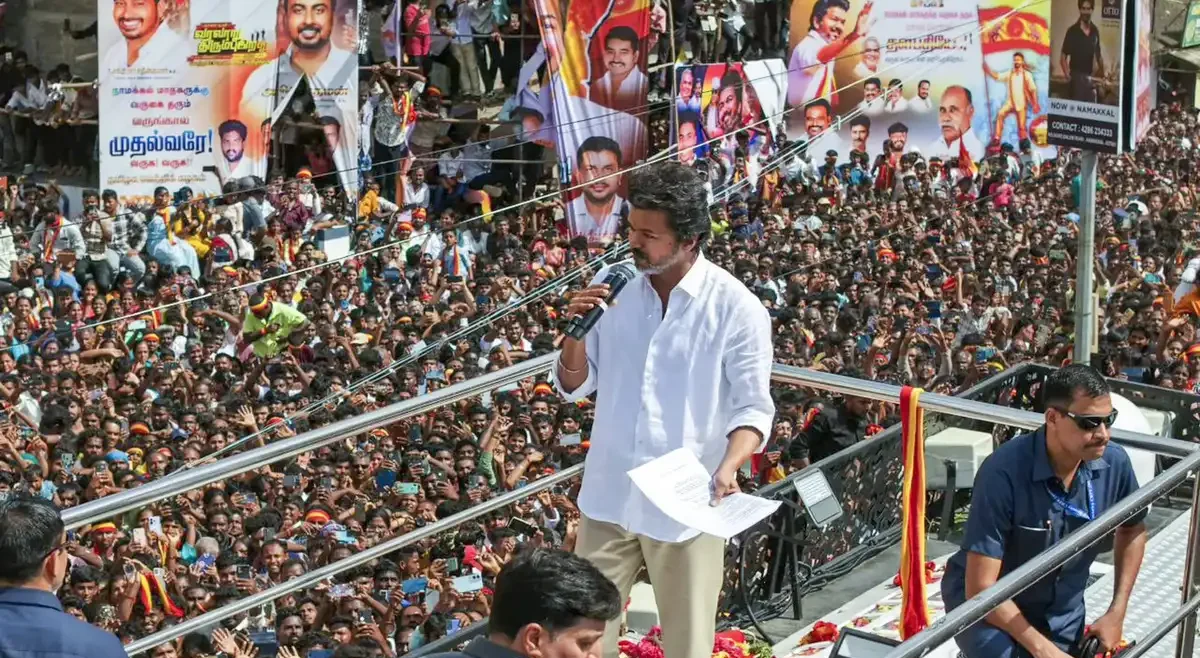
Leave a Reply